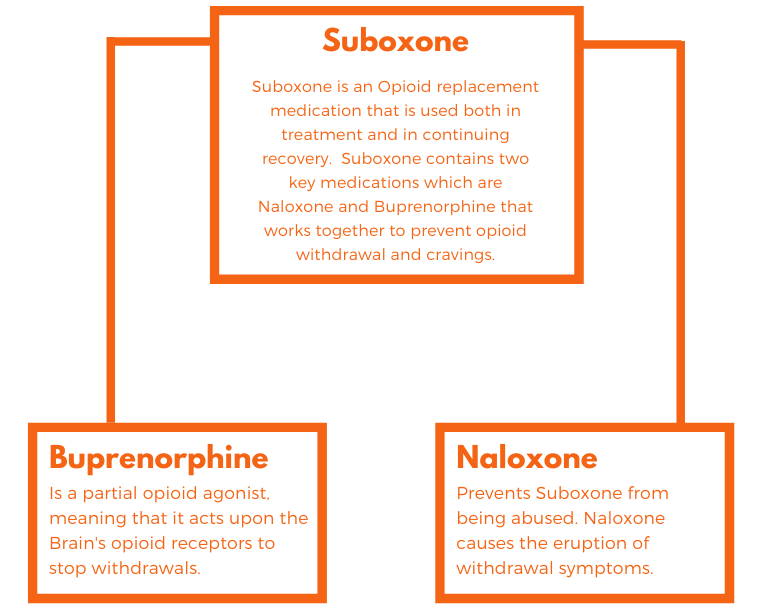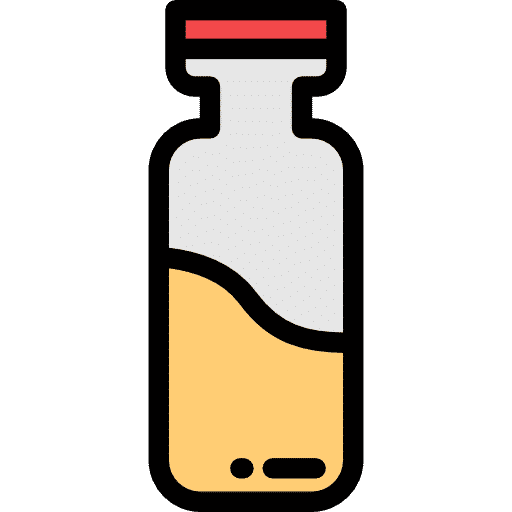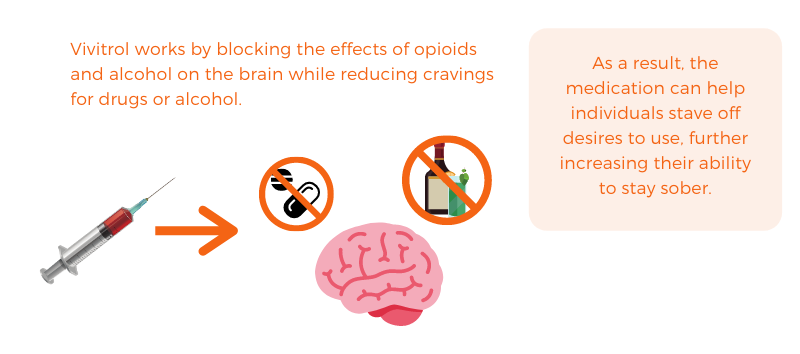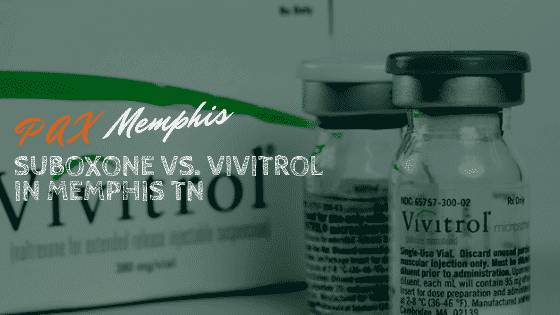If you are seeking medically assisted treatment in Memphis, you are probably hearing a lot about Suboxone and Vivitrol. There is a lot of misinformation out there regarding medically assisted treatment and it can be misleading if you aren’t well informed about the use of drugs like Suboxone and Vivitrol.
Both medications cause similar reactions in the brain, but they are administered differently in varying dosages. Being informed about these medications can help you find the best treatment program to meet your needs.
What is Medication-Assisted Treatment?
Those seeking recovery from opioid drugs face serious obstacles in their journey to sobriety. For instance, cravings for these drugs can continue for varying lengths of time, and if one relapses, the chance of experiencing an overdose is devastatingly high. Medication-Assisted Treatment (MAT) is used hand in hand with behavioral therapy to treat opioid use disorders.
MAT began as a desperate attempt to find a more effective way to treat opioid use disorders. By combining medication with counseling and behavioral therapies, many people are able to sustain recovery as opposed to using traditional treatment methods. MAT aims to prevent relapse, aid in long term sobriety, diminish cravings, and alleviate opioid withdrawal symptoms.
The FDA reports that MAT treatments are safe and effective when taken as prescribed and in combination with support and counseling[1]. Due to the high numbers of fatalities that result from opioid use disorders in Memphis, Tennessee, MAT has become a popular plan of action among individuals seeking treatment.
Suboxone
Suboxone contains the two active ingredients buprenorphine (a partial opioid agonist) and naloxone (a pure opioid antagonist).[2] Buprenorphine releases tiny amounts of opioid doses to the brain, allowing individuals to be slowly weaned off of harder opioids. Naloxone works by shutting down opioid receptors to block the euphoric effects produced by opioids.
It is administered as a sublingual film that is placed under the tongue once or twice a day. Suboxone is known to help suppress cravings and withdrawal symptoms while blocking the effects of opioids.
One reason why many choose Suboxone is due to its low-cost availability. Some choose to use Suboxone on a short term basis in order to mitigate opioid withdrawals, but some choose to use Suboxone treatment for a year or more. Although the drug can cause withdrawals if someone stops taking it abruptly, physicians can gradually decrease an individual’s dose until it is discontinued completely without experiencing withdrawals.

Vivitrol
Vivitrol is different from Suboxone in the way that it only contains naltrexone as the active ingredient. Naltrexone is similar to naloxone as it is an opiate antagonist used to prevent an individual from feeling the desired effects from opioids.[3]
Vivitrol is administered as an injection on a monthly basis, so there is less upkeep. As an extended-release substance that helps with cravings and blocks the effects of opioids, it can cost substantially more than Suboxone.

Despite the cost, Vivitrol can be a convenient option because it is a once a month injection, allowing you to be worry-free about missing a daily dose of your medication. Vivitrol can also be beneficial because most individuals do not suffer withdrawals when they stop getting the shot. For those that do, the detox process is extremely easy and quick.

Side Effects & Risks
Like any other prescription medication, Suboxone and Vivitrol do have potential side effects and risks.
Side Effects of Suboxone and Vivitrol Treatment
Possible side effects that may result from Suboxone or Vivitrol treatment include:
- Dizziness
- Headache
- Appetite changes
- Cramping muscles
- Cold-like symptoms
- Insomnia
- Upset in the gastrointestinal system
- Sore or stiff joints
In addition, Vivitrol injections have the possibility to cause skin reactions at the injection site.
One of the worst and most feared potential side effects of Suboxone and Vivitrol include the possibility for precipitated opioid withdrawal. If a patient has been administered Vivitrol less than 14 days after their last opioid, they may go into opioid withdrawal. Similarly, if Suboxone is taken too soon after the last dose of opioids, withdrawal symptoms may occur. For this reason, it is important to be honest with your physician about the time and quantity of your last dose of opioids.
Symptoms of precipitated opioid withdrawal include:
- Upset stomach
- Vomiting
- Diarrhea
- Fatigue
- Hallucinations
- Flu-like symptoms
- Sweating
Risk Potential of Medication Assisted Treatment in Memphis
Due to the small potential for abuse of medications like Suboxone, individuals may choose to take more than their prescribed dose or sell their medications in exchange for street drugs. With both Suboxone and Vivitrol, there is also the potential for individuals to abuse other drugs while participating in MAT. While there are certainly risks to be considered when thinking about MAT, evidence shows that when taken appropriately, the benefits of Suboxone and Vivitrol outweigh the potential risks.
Suboxone and Vivitrol Treatment at PAX Memphis
Our addiction specialists at PAX Memphis understand that while medication-assisted treatment may not be for everyone, it can definitely be beneficial to those whom traditional treatment methods have failed. We can assure that these medications will be dispensed safely and that individuals will be closely monitored in order to diminish the potential risks and mitigate any side effects. While using MAT, we continue to value counseling and behavioral therapy in addiction treatment.
If you or a loved one is suffering from opioid addiction in Memphis and are wondering if the medication-assisted treatment might be for you, contact our addiction specialists today.
Sources:
- FDA Information about Medication-Assisted Treatment (MAT)
- RX List Suboxone
- FDA Naltrexone
Medically Reviewed: September 25, 2019

All of the information on this page has been reviewed and verified by a certified addiction professional.










